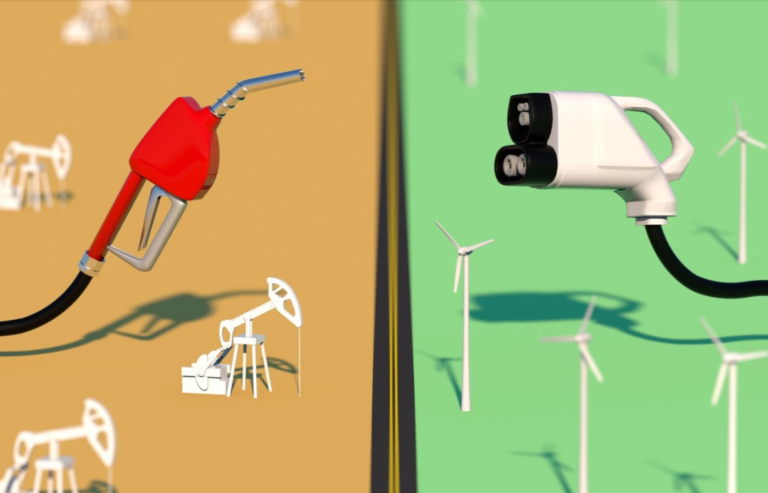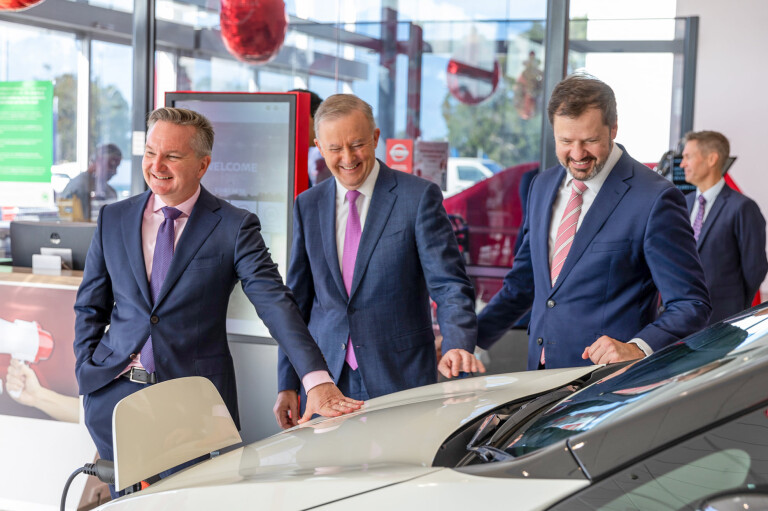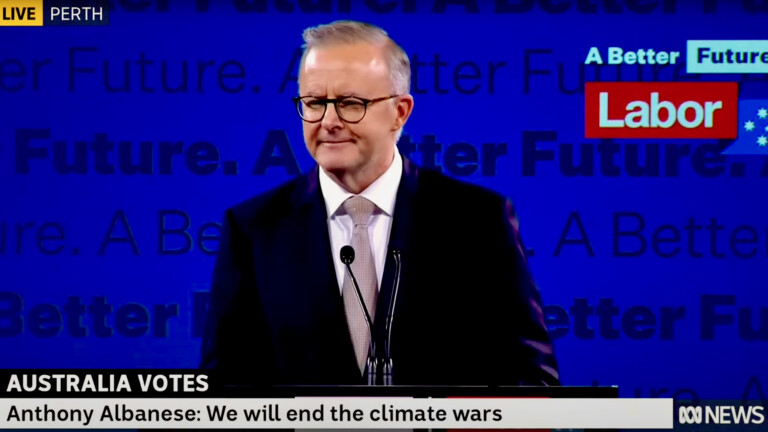
The recent election of the Federal Labor government would have, no doubt, had the local car-industry executives sit up and take notice. Not because Labor won but the manner in which they did.
Fact is, Labor didn’t so much as win as the Liberal-National Coalition lost, and Labor got home off a huge swing in public concern about the environment and climate change.
So strong was this shift in public sentiment that the Greens increased its presence in the House of Representatives by 300 per cent (going from one seat to four seats), the LNP lost a swathe of their most loyal heartland seats to green-leaning independent candidates (the so-called Teals) and Labor picked up seats off the back of Green and green-leaning independent preferences. So strong was this green tide that Labor even dropped in its primary vote percentage.
So why does all this matter to car-company suits?
Well, there are two reasons: vehicle exhaust-emission standards, especially as they apply to diesels, and electric vehicles (EVs). While Labor can govern in its own right and not have to call on the Greens or independents to pass legislation, it can’t ignore this shift in mood, nor the vocal lobbyists that will no doubt pop up, and will need to be proactive with exhaust emissions and electric vehicles.
The vehicle emissions issue revolves around the introduction of the Euro 6 standard for light vehicles, which was put on hold by the successive LNP governments that have been in power over the last nine years. (Under the legislation ‘light vehicles’ are defined by those under 3500kg GVM.)

Of most concern to the local car industry is that under the schedule set by the previous Rudd-Gillard-Rudd Labor governments, Euro 6 would have applied to any all-new light vehicle being introduced from July 2017 and for all new light vehicles by July 2018.
The new Labor government could well say to the car industry that they have had years to plan for Euro 6 and it’s going to implement Euro 6 quick-smart. Of course, many current new petrol and diesel light vehicles already meet Euro 6, but there are many (particularly diesels) that don’t, even including brand-new models like the 300 Series LandCruiser.
The difference between the current Euro 5 standard and Euro 6 (as it applies to diesels) is notably lower permitted levels of nitrogen oxide (NOx), a requirement that is typically addressed by selective catalytic reduction systems that rely on what’s commercially known as AdBlue.
While a rapid adoption of Euro 6 might be inconvenient, although perhaps not too painful for the local car industry, they certainly won’t like any talk of Euro 7, which is currently under discussion in Europe and could come in place as early as 2025. Taking any current diesel sold in Australia to a standard beyond Euro 6 will be costly and difficult, if not impossible for most current models.
While these Euro standards address environmental concerns they don’t actually apply to carbon-dioxide emission, which is central to climate change. Standards for carbon-dioxide emissions, which is directly related to fuel consumption, is another potential issue for the local car industry that won’t be far away.

If all this worries the local car companies, they will also be hoping the new federal government will come up with a cohesive roadmap for EV take-up given there will be considerable and loud lobbying for the same to happen as soon as possible.
There are lots of decisions to be made concerning possible EV incentives, possible EV taxes to recoup lost fuel-excise revenue, the building of practical EV charging infrastructure, and beefing up the national electricity grid to cope with the power demand of EVs given the grid is not in a position to cope with a rapid EV adoption in its current state.
The local car industry will also be hoping that all state governments work with the new federal government on this and not against it, although that may be too much to ask.

COMMENTS